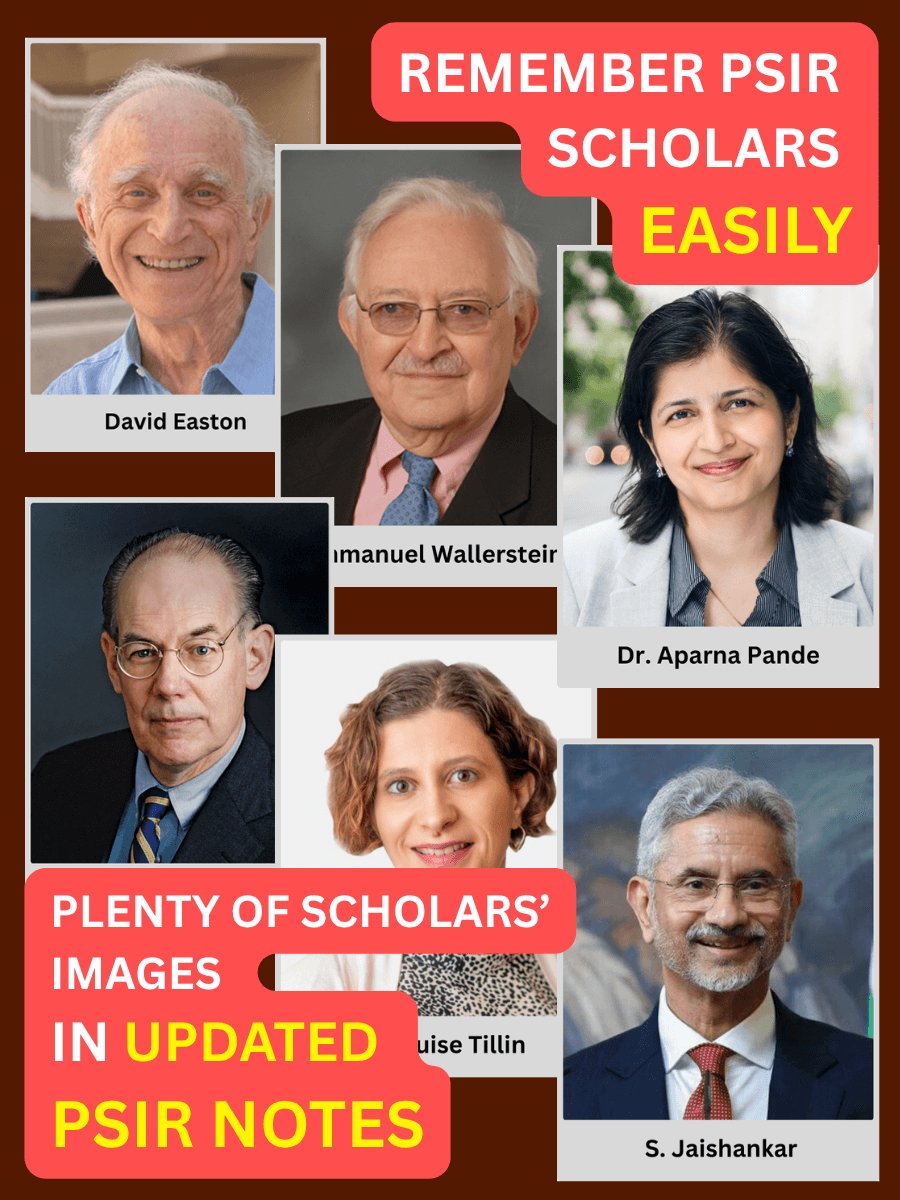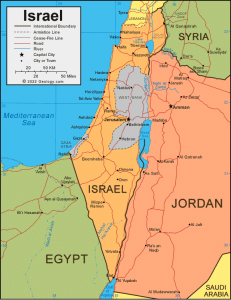The study of electoral behaviour is a result of the growth of behavioural movement in political science.
According to Milan Vaishnav, the study of electoral behaviour in India is a challenging task because of size and diversity. We can also put forward the argument of Kenneth Arrow who has given ‘impossibility theorem’. In case of elections, it is difficult to determine the preference, when voters have more than 3 choices.
Still India is an interesting case study of the electoral behaviour. It is a big puzzle, why do Indians vote. And vote in such a huge number. And when despite voting, nothing gets translated into any concrete achievement as far as governance and development is concerned.
Mukulika Banerjee and her team has conducted ethnographic survey of Indian voters. Survey gives many interesting findings.
- Many voters consider that act of voting is an assertion of their citizenship right and duties
- Elections are the time when power inversion takes place
- People think that it is better to choose and reject who govern them
- Some vote out of feeling of revenge
- Some vote because members of their caste or community is contesting
- Some vote because they think that election commission is doing great job
- Some feel the edifice of democracy in India will collapse otherwise
- Some even consider voting as their sacred duty
1. Trends in Electoral Behaviour
According to study, poor are more sophisticated and strategic voters than the rich. Poor people have higher dependency on government welfare provisions. They have been found to be more aware and understand the value of their vote than the educated middle classes, who vote for not anything in return but as a duty towards nation.
According to LOKNITI (a part of CDSS), we can see following trends in India’s electoral behaviour.
- Caste and religion remain the major long-term determinant
- Corruption and anti-incumbency do not matter
- No difference in the preferences of men & women, rural & urban
According to Yogendra Yadav, people in India are moving from identity politics to identity plus politics. It includes concern for identity as well as development.
2. Assessment of Indian Voters
Prannoy Roy, Ashok Lahiri, David Butler in their book titled ‘A Compendium of Indian Elections’ show that the voting behaviour of Indians is many times more mature than the voting behaviour of voters in western countries.
According to M P Singh, the credit for success for India’s democracy go to the great common sense shown by ordinary voters in India. He suggests that we cannot say that verdict of any election was ever wrong. People always voter for the best possible option.










the content is not sufficient plz add some more points